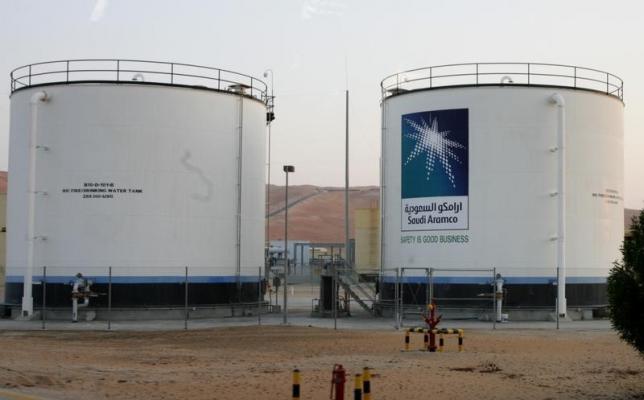
Oil tanks seen at the Saudi Arabia Shaybah oilfield complex in the Rub’ al-Khali desert November 14, 2007. REUTERS/ Ali Jarekji
Had the engineers responsible for the New York dam not disconnected the water gates from the electronic control center for reasons of maintenance, a huge disaster would have taken place. On that day hackers affiliated with the Iranian Revolutionary Guard Corps (IRGC) managed to bypass the electronic control center of the dam intending to open its gates and submerge the surrounding area.
The court which later prosecuted the Iranian hackers for this particular crime and many others, like previous attacks targeting financial institutions, revealed grave details on an agenda devoted to strike vital zones, saying the case was beyond impudent conduct of internet boys.
Regrettably, the court restricted the accusation to the perpetrators themselves and did not direct any allegations against the Iranian regime itself, which was responsible for the attack.
Threatening establishments involved in attacks alone is not sufficient to stand before future analogous attacks, whether it is operated by Iran or other countries which resort to terror piracy.
The attack coincided with others across the world, the most notorious and alarming being the team of hackers breach in Saudi Aramco- national petroleum and natural gas company- which produces and exports the largest amount of petroleum worldwide.
The hackers attempted to take over 35 thousand PC units which regulate company procedures, and would have succeeded had not Aramco halted all operations and regained control.
Piracy is an encroachment of one country over the other, and despite it not being classified as such by international organizations such as the U.N., it can rise to a hazardous crime level.
U.S. authorities have finally considered the hackers’ crimes as a vast terrorist operation, and the prosecuting court has described the seven Iranians as terrorists, the highest charge that could be introduced against anyone.
However, the crime’s classification remains deficient, as prosecution settled for accusing the perpetrators and not the game player backing them. The hackers’ cell works within an organization associated with an Iranian security institution. The ring had other activities devoted to taking down vital foundations like petroleum, power, water, aviation, even nuclear institutions located in nations considered an enemy to Iran, including the U.S.A.
Targeting civil institutions and harming civilians is an internationally forbidden terror act, even during times of war. This prosecuted cell included Hamed Fayrouzi, who had procured information on water levels, drainage gates and was able to lift the gates had they not been manually impaired. Fayrouzi could have flooded the entire area overlooked by the dam.
Had prosecution charged Iran, and not the seven-member ring alone, there would have been a decisive base to fight electronic terrorism.
As for the Aramco incident, which took place in 2012, despite not circulating ample details, the damage was limited because the pirates managed to hack into the managerial system and not the units responsible for production.
The ultimate goal behind attacking Aramco was to cut off Saudi oil production and mar national institutions. On a wider scale, the attack was meant to harm the Saudi economy.
A report has already been issued two years ago on the frequent large-scale piracy operations and premeditated attacks traced back to companies affiliated to the IRGC, which had targeted the institutions of 16 countries, among which were U.S. military foundations.
All the registered terrorist activities are annexed to a backing country’s coordination and not just mobs or independent terrorist cells, and thus should be labeled as such in international law, which will classify piracy as one of the prohibited weapons to employ.
